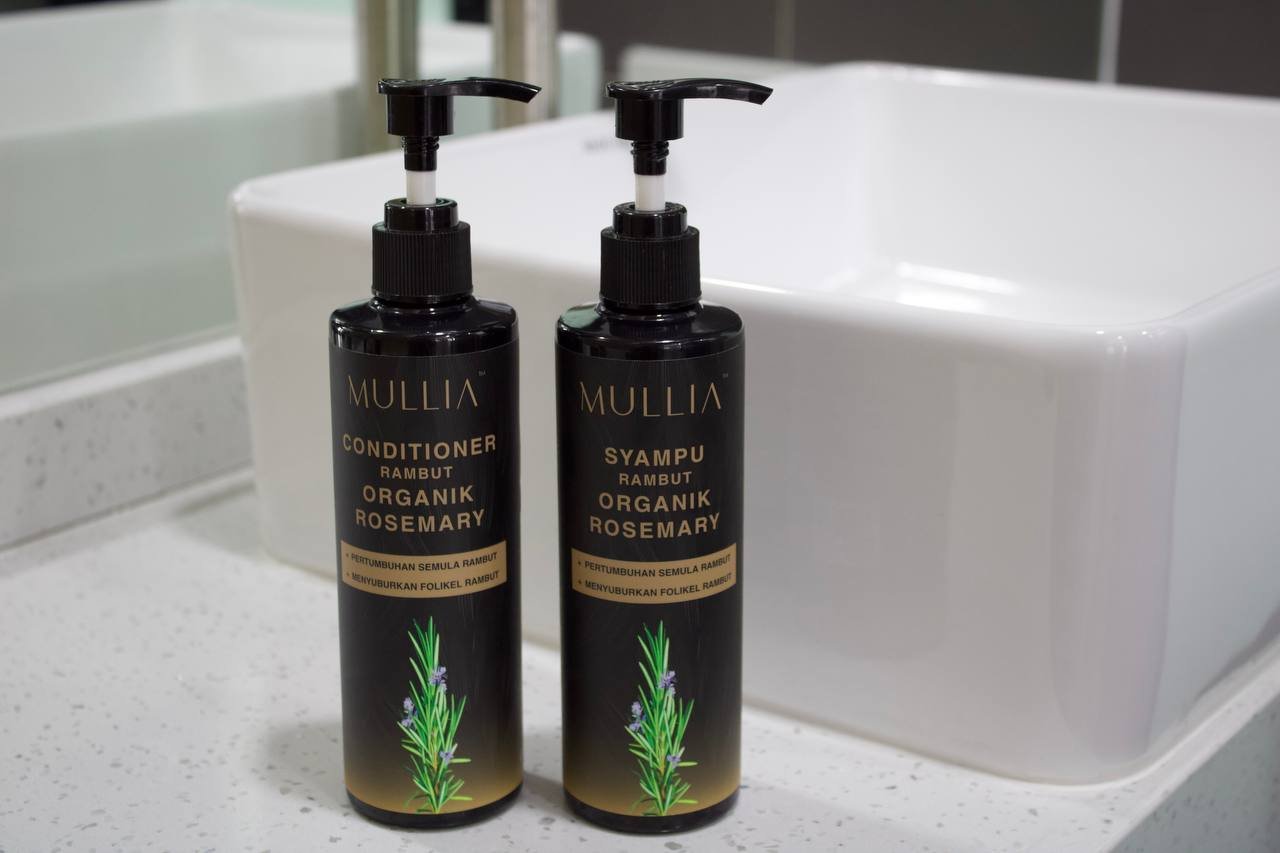In recent years, the beauty industry has witnessed a remarkable surge in the demand for organic cosmetic products, especially within the ASEAN region. This trend is indicative of a profound shift in consumer behavior, driven by growing concerns regarding health, environmental sustainability, and ethical consumption practices.
Consumers are increasingly drawn to organic cosmetics due to their perceived health benefits. Unlike conventional beauty products that often contain a cocktail of synthetic chemicals and preservatives, organic cosmetics are formulated with natural, plant-based ingredients that are believed to be gentler on the skin and less likely to cause irritation or adverse reactions. This appeals to consumers who prioritize skincare products that promote overall well-being and are free from potentially harmful substances.
Furthermore, there is a rising awareness among consumers about the environmental impact of conventional beauty products. From plastic packaging to chemical runoff, the beauty industry has historically contributed to pollution and environmental degradation. Organic cosmetics, however, are typically produced using sustainable practices and eco-friendly packaging, making them a more appealing choice for environmentally conscious consumers.
In addition to health and environmental considerations, ethical factors also play a significant role in shaping consumer behavior towards organic cosmetics. Many consumers are concerned about animal welfare and the use of animal-derived ingredients in beauty products. By opting for organic cosmetics that are cruelty-free and certified by reputable organizations, consumers can align their purchasing decisions with their values and support brands that prioritize ethical sourcing and production methods. To capitalize on this shift in consumer behavior, brands in the ASEAN region must effectively communicate the benefits of organic cosmetics and tailor their marketing strategies to resonate with their target audience. This includes highlighting the natural ingredients used in their products, emphasizing their commitment to sustainability and ethical practices, and engaging with consumers through transparent and authentic storytelling. By doing so, brands can build trust and loyalty among consumers and position themselves as leaders in the rapidly growing market for organic cosmetics in the ASEAN region.


